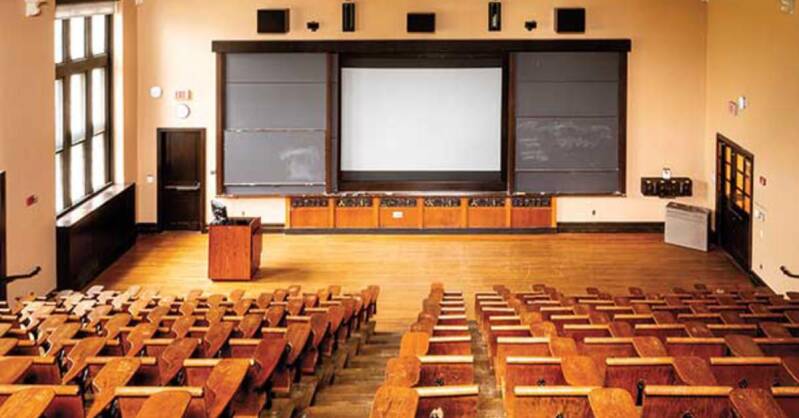Program
God and Science: A Seminar of Contemporary Viewpoints
Room 302 (“Einstein Room”), Frist Campus Center, Princeton University
September 20, 2025
9:00 -- 9:05 Welcome: Robert Kaita
9:05 – 9:10 Introduction: Jean Staune
9:15 – 10:00 Astronomy: “Mysterious Is the Cosmos: How Did the Big Bang Make Conscious People?”
- John Mather: Astrophysicist at NASA's Goddard Space Flight Center, Nobel Prize in Physics, one of the leaders of the James Webb Space Telescope project and the COBE satellite.
10:00 – 10:45 Astronomy: A Growing Universe of Beauty, Activity, and Complexity
- Jennifer Wiseman: Astrophysicist, Director Emeritus of the Dialogue on Science, Ethics, and Religion program of the American Association for the Advancement of Science (AAAS);
10:45 – 11:00 Break
11:00 – 11:45 Science and Religion: Quantum Science, Reality, and Religion: One Physicist’s Viewpoint
- William Philips: Quantum physicist, Nobel Prize in Physics, Professor at the University of Maryland and researcher at the National Institute of Standards and Technology. (remote presentation via Zoom)
11:45 – 12:30 Quantum Physics: Modern Physics and Faith in Things Unseen
- Robert Kaita: Senior Physicist at Princeton University's Plasma Physics Laboratory
12:30 – 1:30 Lunch

1:30 – 2:15 Consciousness beyond the Brain
- Eben Alexander: Neurosurgeon, Former associate professor at Harvard Medical School
2:15 – 3:00 The Underlying Order of Evolution: What Drives the Emergence of Biological Form?
- Daniel Kuebler: Professor of Biology, Franciscan University of Steubenville, Vice-President, Society of Catholic Scientists
3:00 – 3:15 Break
3:15 – 4:00 Modern Physics and Religion: How Discoveries of the Last 100 Years Are More Favorable to a Non-materialist World-view
- Stephen Barr: Professor of Physics, University of Delaware, President of the Society of Catholic Scientists.
4:00 – 4:45 Panel Discussion: God in Science –What is the Nature of Reality to You?
- Participants
Robert Kaita, moderator
Andrew Bocarsly, Physical Chemistry, Princeton University
Marcus Gibson, Program in Catholic Thought, Princeton University
Greg Hammett, Physicist, Princeton University
Hans Halvorson, Philosophy of Science, Princeton University
4:45 – 5:00 Excerpts from film “God and Science”
5:00 – 5:25 Does a common boundary exist between physics and metaphysics?
- Michel-Yves Bolloré, Engineer, co-authors of book « God, the Science, the Evidence »
5:25 - 5:45 God and Science: From Adversairies to Allies
- Olivier Bonnassies, Ecole Polytechnique , co-authors of book « God, the Science, the Evidence »
5:45 - 6:00 Concluding Remarks: Jean Staune
6:00 Adjourn

Albert Einstein
“Everyone who is seriously involved in the pursuit of science becomes convinced that some spirit is manifest in the laws of the universe, one that is vastly superior to that of man.”
"

Roger Penrose
"This now tells us how precise the Creator’s aim must have been namely to an accuracy of one part in 10 to the power of 10 123. This is an extraordinary number."

Christian De Duve
"God plays dice because he is sure to win. I opted for a meaningful universe, not a meaningless one. Not because I wanted it to be that way, but because that’s how I interpret the scientific data we have. The Universe was 'pregnant with life' and the biosphere with man."

James Jeans
“The stream of knowledge is heading towards a non-mechanical reality; the universe begins to look more like a great thought than like a machine.”

Arno Penzias
"The best data we have are exactly what I would have predicted, had I nothing to go on but the five Books of Moses, the Psalms, the Bible as a whole. The Big Bang is a moment of discrete creation from Nothing."

Werner Heisenberg